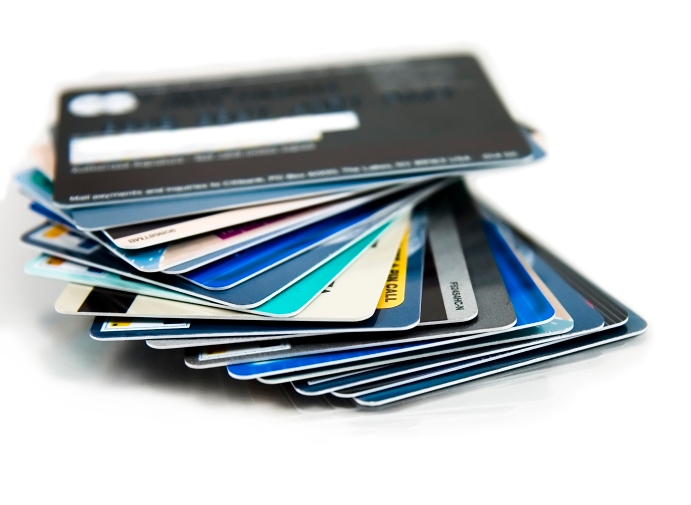Americans Added $36.2 Billion in Credit Card Debt in 2012
March 8, 2013 by Paul Ausick
The data was published today by CardHub.com and comes with some cautionary statements from the company’s CEO. For example:
We’re still falling into the dark pit that is debt; we’ve simply managed to create a bit of drag in order to slow our descent. In short, something needs to change soon or we’re in for some serious problems in the near future.
People seem to think that since we’re seeing a bit of economic recovery, we can all simply revert back to pre-recession spending habits. No. Pre-recession spending was inextricably tied to the housing bubble and unless those economic conditions redevelop, we simply won’t be able to sustain current spending levels.
We think there will be warning signs for impending calamity, but almost like with a tsunami, when the warning signs come, it’s too late to get out of dodge. According to Card Hub data, all that must happen for there to be widespread consumer defaults is a 20% increase in current credit card debt.
Strapped consumers are not only running up more credit card debt, but withdrawals from 401(k)s and IRAs have increased also, and one study indicated that 73% of the households making the withdrawals do so to balance their household budgets. This is not good news.
The Card Hub report is available here.
Sponsored: Find a Qualified Financial Advisor
Finding a qualified financial advisor doesn’t have to be hard. SmartAsset’s free tool matches you with up to 3 fiduciary financial advisors in your area in 5 minutes. Each advisor has been vetted by SmartAsset and is held to a fiduciary standard to act in your best interests. If you’re ready to be matched with local advisors that can help you achieve your financial goals, get started now.